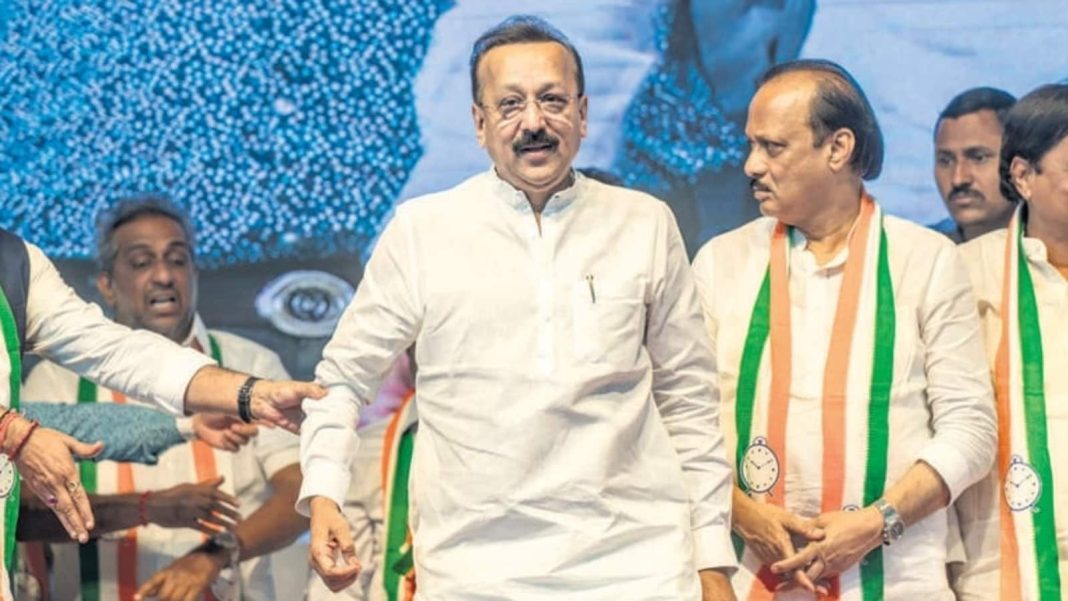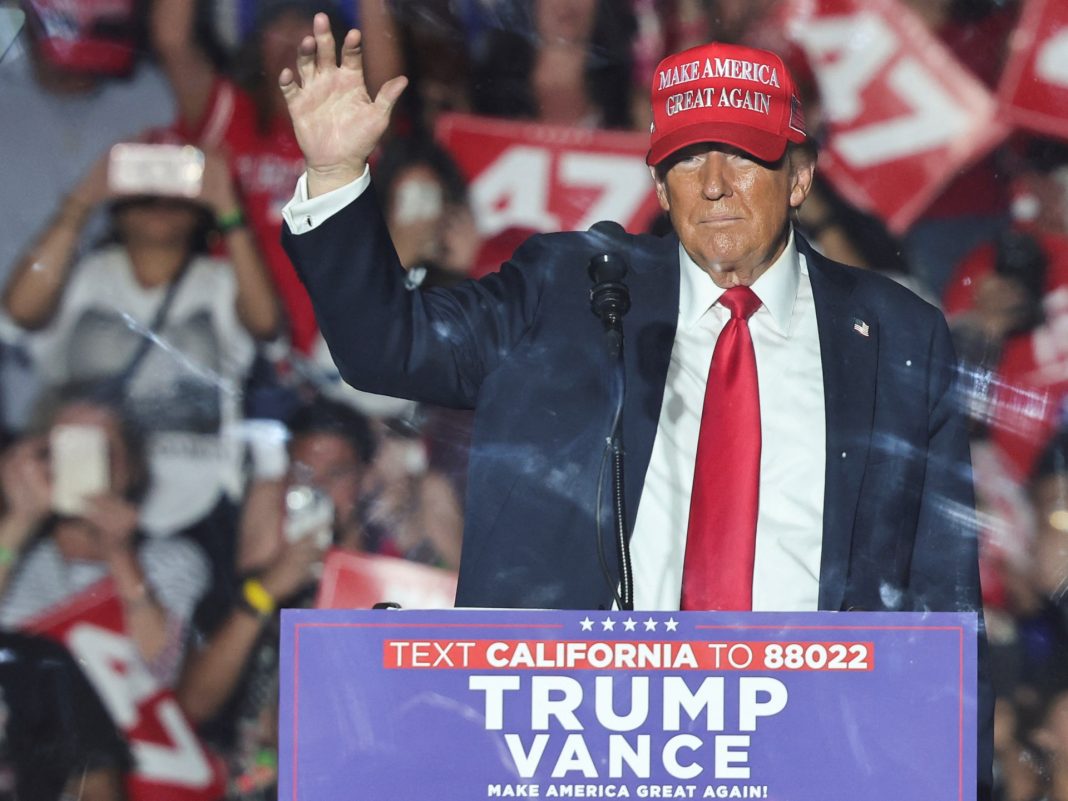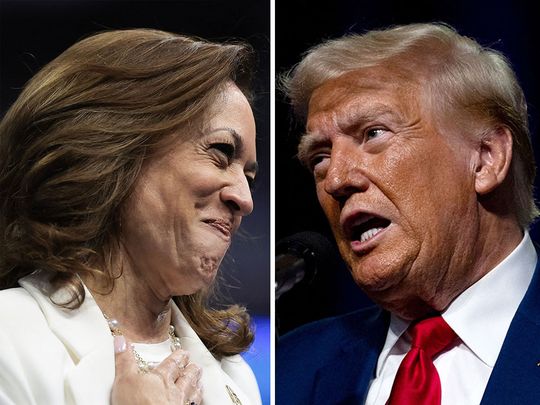Baba Siddique: A Political Life Cut Short Amidst Controversy and Violence in Mumbai
Mumbai, India – In a shocking turn of events, Baba Siddique, a prominent three-time MLA and influential political figure in Mumbai, was shot dead just a day after he shared the stage with his new political ally, Deputy Chief Minister Ajit Pawar. The incident, which occurred in Bandra East, has sent ripples through the political landscape of the city, raising questions about safety and the escalating violence against politicians.
Siddique, who recently joined the Nationalist Congress Party (NCP), was seen welcoming actor Sayaji Shinde into the party just hours before his untimely demise. Known for his connections in Bollywood and his influential role in local politics, Siddique’s murder has left many wondering about the motives behind the attack. Police are currently exploring two primary angles: his involvement in the lucrative real estate and slum redevelopment sector, and his extensive ties to the film industry.
From Humble Beginnings to Political Power
Born Ziauddin Siddique, Baba Siddique’s journey into politics began in his teenage years when he joined the National Students Union of India (NSUI) in 1977. His rise through the ranks was swift; he became the Mumbai Youth Congress president in 1988 and later transitioned into municipal politics, winning his first election as a corporator in 1992. By 1999, he had secured a seat in the Maharashtra Legislative Assembly, representing Bandra West.
Siddique’s political career was marked by his close ties to Bollywood, particularly with the late actor Sunil Dutt and his family. His ability to bridge the gap between politics and entertainment made him a well-known figure in both circles. His iftar parties, which famously united Bollywood’s biggest stars, showcased his knack for diplomacy and social networking.
The Dark Side of Power
However, Siddique’s political journey was not without its challenges. After losing the assembly elections in 2014, he faced scrutiny over his connections to slum redevelopment projects, leading to investigations by the Enforcement Directorate. Despite these setbacks, he remained a significant player in Bandra’s political scene, leveraging his influence to navigate the complexities of local governance.
In recent years, Siddique sought to realign himself politically, joining the NCP under Ajit Pawar’s leadership. This move was seen as an attempt to regain his footing in a changing political landscape, especially as he felt sidelined within the Congress party. Unfortunately, his aspirations were cut short by his tragic death.
A City in Turmoil
Siddique’s murder is not an isolated incident; it marks the third political assassination in Mumbai this year alone. The city has witnessed a disturbing rise in violence against politicians, raising alarms about the state of law and order. Recent incidents, including the shooting of Shiv Sena leader Abhishek Ghosalkar and the stabbing of NCP leader Sachin Kurmi, have intensified scrutiny on the ruling Mahayuti alliance and its handling of security.
Opposition leaders are quick to point fingers at the government, accusing it of failing to maintain peace and safety in the city. The public nature of Siddique’s murder, reminiscent of Mumbai’s gangland violence in the 1990s, has left citizens and political analysts alike questioning the effectiveness of the police force.
The Road Ahead
As the political landscape shifts in the wake of Siddique’s death, his son Zeeshan, who currently serves as an MLA, is expected to step into his father’s shoes. However, whether he can fill the void left by Siddique remains to be seen. The Congress party, meanwhile, is eyeing the opportunity to reclaim the Bandra West seat, potentially fielding Priya Dutt, Sunil Dutt’s daughter, in the upcoming elections.
With high-stakes assembly elections on the horizon, the pressure is mounting on political leaders to address the growing violence and restore faith in the system. Analysts warn that the recent spate of violent incidents raises serious questions about the safety of politicians and the integrity of the political process in Mumbai.
As the city grapples with the aftermath of Siddique’s murder, one thing is clear: the intersection of politics, real estate, and Bollywood continues to be fraught with tension and danger. The legacy of Baba Siddique, a man who navigated these treacherous waters, will undoubtedly leave a lasting impact on Mumbai’s political narrative.



